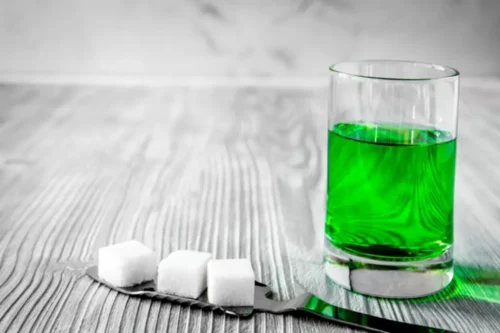Loving Someone with an Addiction: What You Can Do to Help

Taking time for yourself can help create a much-needed break from the stresses of loving an addict. Your enabling behaviors toward the addict may be helping to keep you busy and to fill up your life so that you don’t have to see how lonely and empty you are feeling inside. Couples therapy can play a vital role in addressing relationship issues related to addiction. By working with a trained professional, couples can learn to identify and tackle difficulties in their relationship, such as communication, trust, and emotional intimacy. The therapist will also assist the couple in constructing plans to more effectively manage their relationship and strive for a healthier and more satisfying relationship. Addressing relationship issues in recovery can help to avoid potential conflict, which may lead to relapse in drinking or drug use.
Symptoms of Substance Use Disorders
Some signs, like calling frequently, can seem harmless unless they begin to affect the daily life of either partner. Other signs are more obvious, such as stalking a love interest or restricting who they interact with. Love addiction (also known as affective dependence, affective addiction, and emotional dependence) is a condition that causes a person to develop an unhealthy and obsessive fixation with a love interest.

Being a Source of Emotional Support
Once you’ve identified how you are enabling the addict, you can start setting boundaries and outline consequences. Then, one of the only real actions you can take to help an addict is to stage an intervention and arrange for them to go to treatment. Reach out to helplines and hotlines that support partners of addicts for guidance, resources, and a listening ear.
Impact of Addiction on Trust and Communication

It’s a type of relationship style where someone depends too much on their partner to the detriment of themselves. It can be difficult to create healthy boundaries and avoid enabling behaviors if you’re trying to “fix” your partner instead of focusing on yourself. There are a variety of resources and support groups available to couples dealing with addiction.
Understanding why you choose to behave in unhealthy ways is the key to making a change. These activities can help couples reconnect and rebuild their relationship. They can learn to communicate being in love with an addict better, understand each other’s needs, and develop a stronger bond. This can lead to a situation where the codependent partner is unable to focus on their own needs and desires, and instead puts all of their energy into helping the addict. This can be damaging to both partners, as the codependent partner may become resentful. This deception greatly diminishes trust in the relationship, making it difficult for love to flourish.
The Impact on Mental Health
Moreover, aside from the in-person therapy sessions and support groups, there are also various online communities and forums available. These online platforms allow individuals to connect with others facing similar situations, providing a sense of comfort, valuable advice, and a deep understanding of the unique challenges they may be encountering. The connection formed with others facing comparable challenges can provide a sense of validation and comfort that is truly extraordinary. On the other hand, support groups specifically tailored for family members or partners of addicts are truly invaluable. Remember that effective communication and active listening require practice and patience. By creating a supportive and understanding environment, you can foster positive communication and strengthen your relationship with an addict.
If your loved one is truly dependent on alcohol, they are going to drink no matter what you do or say. However, certain things you can do may help relieve the pressure and, in some cases, also better help your loved one start their path to recovery. Our free, confidential telephone consultation will help you find the best treatment program for you. But your lack of self-esteem makes it impossible to see things from this perspective.

Rules You Shouldn’t Break While Handling Someone’s Addiction
- Breaking free from relationship addiction requires establishing clear boundaries and developing a strong sense of self-worth.
- You may need long-term therapy to overcome your codependent tendencies and patterns.
- This approach helps in building trust and fostering a safe space for open communication.
- The ways you choose to detach might depend on the specifics of your situation and relationship with the person.
According to the National Institute on Drug Abuse (NIDA), the likelihood of a mental illness diagnosis doubles for individuals suffering from a substance use disorder. Your partner may be more willing to talk about their depression or anxiety with you or a professional than talk directly about their substance use. This can be a way for them to get some kind of help that can ultimately lead to positive changes in their alcohol/drug use. Once your loved one has left rehab or stopped doing drugs for a significant period of time, they’re considered a person in recovery. This means they’re still vulnerable to relapses, so it’s important to continue offering support and building trust so your loved one can come to you if they feel the urge to use substances again. During early recovery, it is generally not advisable for two recovering addicts to be in a romantic relationship.







